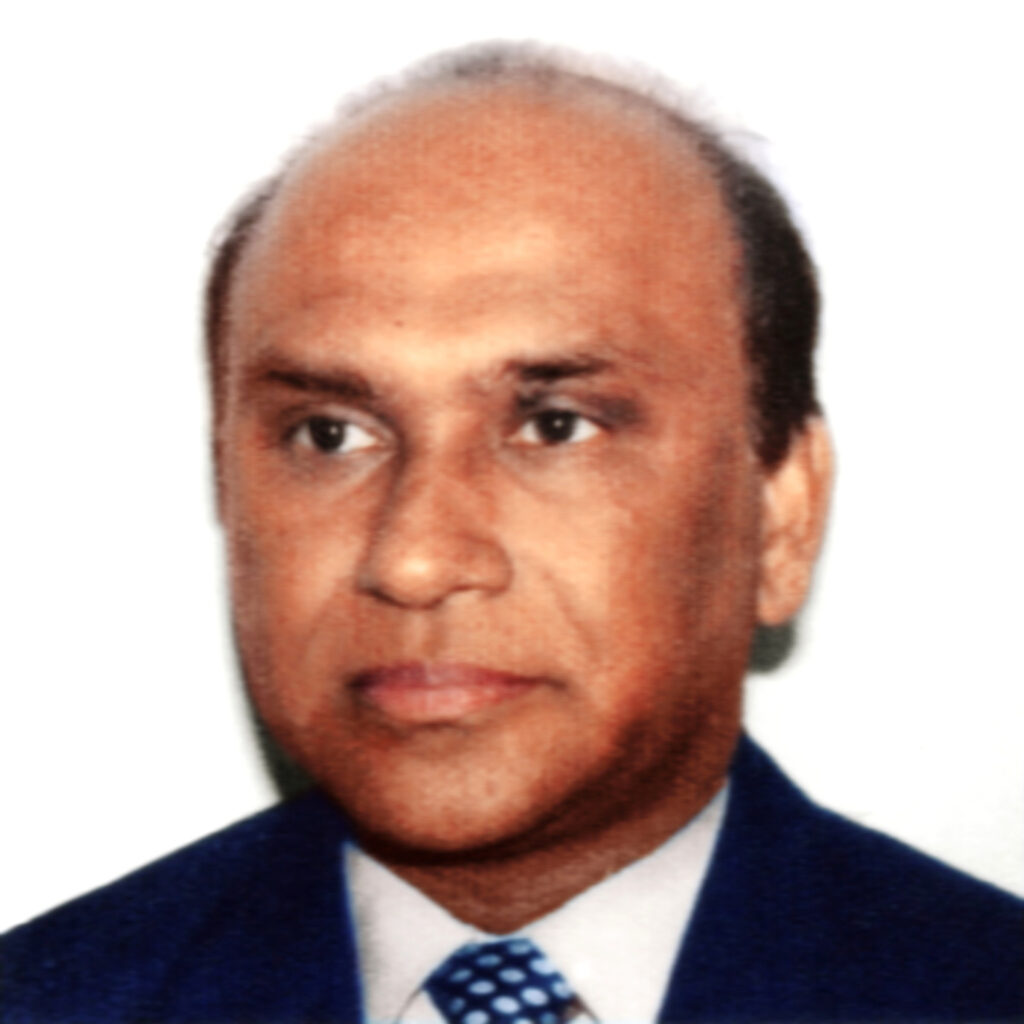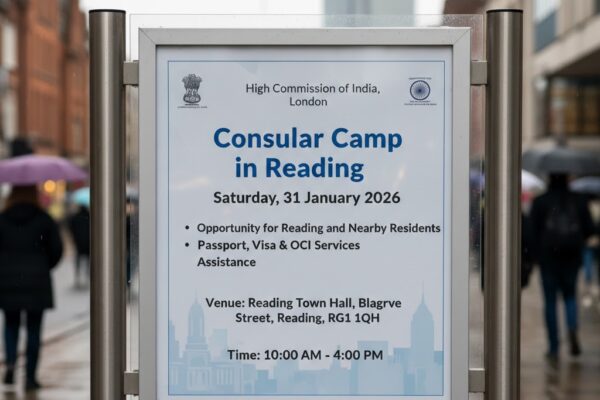

Medical education, was not a neatly plotted map—a road with mile-markers of textbooks, exams, and white coats. As I journeyed through its unpredictable terrain, I found it to be an archipelago of silent heartbreaks, sleepless vigils, and encounters that etched themselves into my psyche far more permanently than any lecture ever could. One such encounter came during a psychiatry posting, not from a textbook, but from a woman whose grief had not aged, only deepened.
She arrived holding the hand of a small girl, perhaps two years old, and her granddaughter. The woman’s face bore the burden of a hundred monsoons. Grief had hollowed her eyes but sharpened her memory. She was not here for herself, she claimed—but as she spoke, I realized it was her soul that had wandered into my consultation room, seeking meaning, perhaps even redemption.
Her voice carried the tremors of a past both beautiful and brutal. “Her name was Annama,” she began, almost as if reciting a prayer. “My daughter. Too good for this world.”
Annama, she said, had grown up in Assurampuzha, a riverside village that once pulsed with commerce and conversation. The village was known for its herb market—a vivid patchwork of colour, scent, and barter. Traders came from far and wide, their boats slicing through the still waters, docking at the kadavu, the local jetty that had for decades served as the beating heart of the village. That kadavu was more than a docking place; it was a cultural artery, connecting livelihoods and lives.
It was here, amidst the shuffle of trade and tide, that Annama met Suresh, a reserved but kind-eyed young man from Cherthala. He visited the market on behalf of his father, a spice merchant. What began as casual exchanges of produce grew into something far less transactional. Their hearts began to sync with the rhythm of the oars, their souls whispering through glances and silences. A romance bloomed—fragile, tender, yet unafraid.
They playfully called each other Parikkutty and Karuthamma, names borrowed from Chemmeen, the iconic film of their generation. Their love bore the same innocence, the same yearning, and, as it would turn out, the same tragedy.
Suresh’s father, deeply rooted in orthodoxy, issued an ultimatum: Annama must convert to Hinduism if they were to marry. Annama’s father, Varkichan, a humble but proud farmer, balked at the demand. “We do not trade our faith like spice,” he is said to have whispered, wounded yet dignified. Seeing no other way, Suresh offered to convert to Christianity instead. This, however, provoked a different storm—his father threatened suicide. “I will drown myself in the sea if you shame me,” he had declared.
Two hearts, aching but helpless, became victims to a battle older than them. Culture, pride, and religion formed a cruel triangle around their love. Annama was married off to Josekutty, the son of a wealthy planter from Idukki. The marriage was swift, the ceremony grand—but joy never stepped inside that house. She died in childbirth, her body failing even as her newborn daughter wailed her first cries into the world.
The infant girl was handed over to Kuttiyamma, Annama’s mother—the same woman now seated before me. As she recalled those days, her voice cracked but never broke. She had held herself together for the child. “She was all I had left,” she said, gently brushing the child’s hair. “Annama’s eyes. The same stubborn little smile.”
Years passed. The village changed. Boats stopped coming. A bridge was built across the river, its pillars sunk so close to the kadavu that no vessel could pass. The once-busy jetty fell silent, its bamboo poles swallowed by moss and still water. The herb market, once aromatic and vibrant, began to decay. Traders moved to cities. Assurampuzha, once a song of commerce and community, was now a lullaby fading into silence.
Then, one day, Suresh returned from the Gulf.
He was not the youth who had left. He had aged, weathered by work and loss. Yet he had never married. The villagers said he had sent money home dutifully but kept his heart elsewhere—in the past, perhaps in the jetty where love had first unfurled.
Suresh asked to see the child. When they met, he wept—not softly, but in great, heaving sobs that startled even Kuttiyamma. He removed a small parcel from his bag—a gold chain, delicate, child-sized—and placed it around the girl’s neck. “She should have had this from the start,” he said.
He stayed on for several months. With the savings he had accumulated over years of toil, Suresh built a small rehabilitation centre near the church. He named it St. Anne’s Centre, in memory of Annama. It was to be a place for the abandoned, the grieving, the mentally ill—those who carried pain too heavy to bear alone. Kuttiyamma joined him in the endeavour. She cooked, tended to patients, whispered comfort into tired ears. Slowly, her despair alchemised into purpose.
But not all wounds closed. Kuttiyamma confessed to battling thoughts of suicide. Guilt had made a nest in her chest—guilt for agreeing to Annama’s marriage, guilt for not opposing it more fiercely. There were nights she held her granddaughter tightly, afraid she might let go of everything.
A parish priest, sensing her inner turmoil, convinced her to seek help. That’s how she landed in my clinic. A psychiatric consultation, yes—but also a sharing of souls.
Suresh, meanwhile, lived like a monk. He donated most of his wealth, read devotional texts, and often sat by the abandoned kadavu, staring into the quiet water as if expecting a boat that never came. “I talk to the river,” he once told the priest. “She knows everything. She remembers.”
He continued to write notes, much like he had done in his youth—scraps of poetry, sketches, musings. In one card, addressed to Annama, he had written:
“Your laughter is still lodged in the rafters of my chest. The world can crumble, but I will never unlove you.”
He often visited the child. Never intrusively—always as a quiet presence. He called her “Little Lily,” after the water flowers that now covered the jetty. She brought him joy. In her, he said, was a second chance at something beautiful.
Time moved on. The world outside forgot Assurampuzha. But inside that silent village, stories lingered. The kadavu, though disused, remained a sacred spot—its rotting planks whispering to the wind of a love that refused to die.
One monsoon evening, Suresh passed away in his sleep. A smile on his lips, his palms open as if still offering something. He left behind no wealth, no family—only the St. Anne’s Centre, a few tattered notebooks, and the memory of a love story that, despite its ending, had become a shelter for others.
Kuttiyamma now runs the centre with the help of volunteers. The girl, Annama’s daughter, has grown—smart, curious, and hauntingly like her mother. She stands at the kadavu sometimes, watching the water ripple with the passing breeze. Once, she told me, “I think Ammachi cries here. But the river listens.”
I nodded. I knew what she meant.
For in that jetty—deserted, damp, half-sunk into the past—there still lived a story. Not just of romantic love, but of the kind of love that gives even after being denied, that shelters even while mourning. The kind of love that becomes a place—a kadavu—where broken people may one day dock, rest, and begin again.
Dr. James Paul Pandarakalam is a psychiatrist and writer whose literary work bridges the fields of psychology, spirituality, and culture. Originally from Kerala and now based in the UK, he draws deeply from both his medical career and his Indian roots. His fiction often blends clinical insight with emotional depth, exploring themes such as memory, grief, and human resilience. The Kadavu is based on recollections from his student years in Kerala.






